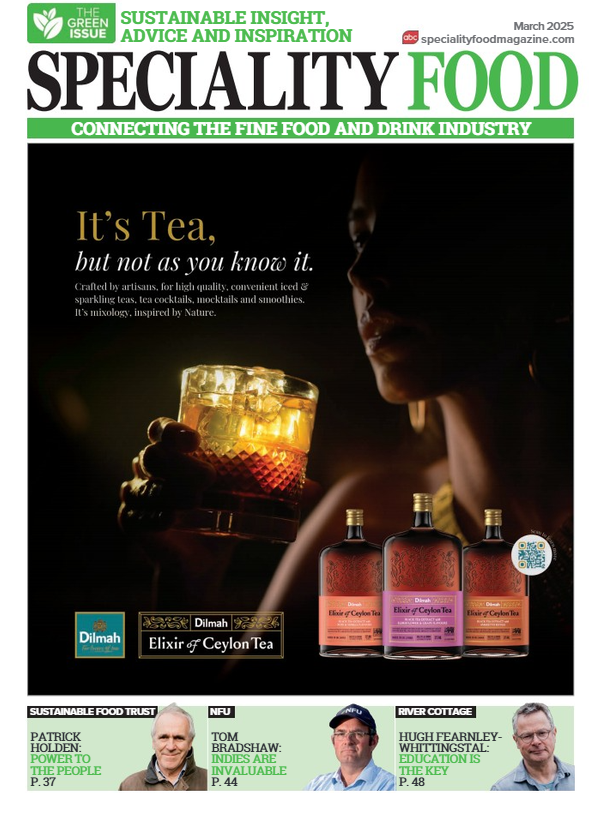Retailer Power

- Becoming a B Corp
- Top trend predictions for Christmas 2021
- Self-sacrifice: The importance of building a leadership legacy centred on others
- Undercover Boss
- Can/should bosses really be close friends with their staff?
A subject that isn’t often talked about in the speciality food sector is the balance between supplier and customer. Of course, this is frequently debated with respect to the multiples, where antagonists say that Tesco’s and the like are often said to have too much power over their suppliers, and able to dictate the price they pay or threaten to de-list
Of course, as a supplier you should always ensure that no more than 25% of your turnover is with one customer, and ideally much less. You should certainly always be in a position to walk away if you are simply not going to be making any profit from the deal on the table, and I know some speciality producers that have delighted in doing so when the demands became too much. Well done them.
How much of this scenario is reflected in the speciality food sector? Well, generally, of course, producers and wholesaler’s turnover is much more widely spread across the customer base, so the power of the retailer is diminished. However, what does cause concern is where certain flagship stores have an undue level of control over small SME producers, who seem to want, at all costs, to supply these stores, whether they be prestigious department stores or famous farm shops. I am not going to name them but we all know who they are! No, these outlets tend to operate at much higher margins than your average customer, and as a result prices are squeezed. I know some producers that simply aren’t making any money on these accounts, but view them as a marketing exercise. This may initially be a good strategy when you are building your brand, but causes untold complications later. Three spring to mind. 1) Other retailers nearby are at a huge competitive disadvantage. 2) Generally it is know what margins these stores operate on, so others will come banging on the door for unsustainably low prices and 3) when you move to using wholesalers who will inevitably be supplying all these outlets, it makes them look expensive.
Clearly the last point has some personal interest and is coming up frequently at present. Retailers are desperate to consolidate and reduce their number of suppliers. The best way of doing this is to put more products through wholesalers and buy fewer products direct. However if the brands that historically have gone direct have gone in so low that the wholesaler cannot possibly honour the prices, it makes the whole project unmanageable, and I don’t think does our sector any favours at all. Sure, give discount to groups that are buying significant volume, but to heavily discount product into single-site stores doesn’t’ make any commercial sense whatsoever.
On similar lines, I noticed in the Grocer that Tesco’s have now asked suppliers to pay money for having products at eye level. £30 per product per store across several hundred stores could get very expensive. Will we see this kind of power in the independent sector? I sincerely hope not!
Off to South America next week – Chile and Columbia UKTI trip. Will talk to you again from there.
more from Speciality Bites
-
Generosity
05 July 2021 Speciality BitesGenerosity from leaders makes business better in all aspects, yet few businesses have discovered the benefits that accompany being generous of spirit. -
We are now retailers too!
21 June 2021 Speciality BitesSo, the week has arrived at last when I become a retailer as well as a wholesaler. What a journey it has been. -
We need leaders, not managers
07 June 2021 Speciality BitesI’ve mentioned before that not many people can give me the name of someone when asked at interview who has inspired them most from their previous work life. This is because most people have only experienced management not leadership.

